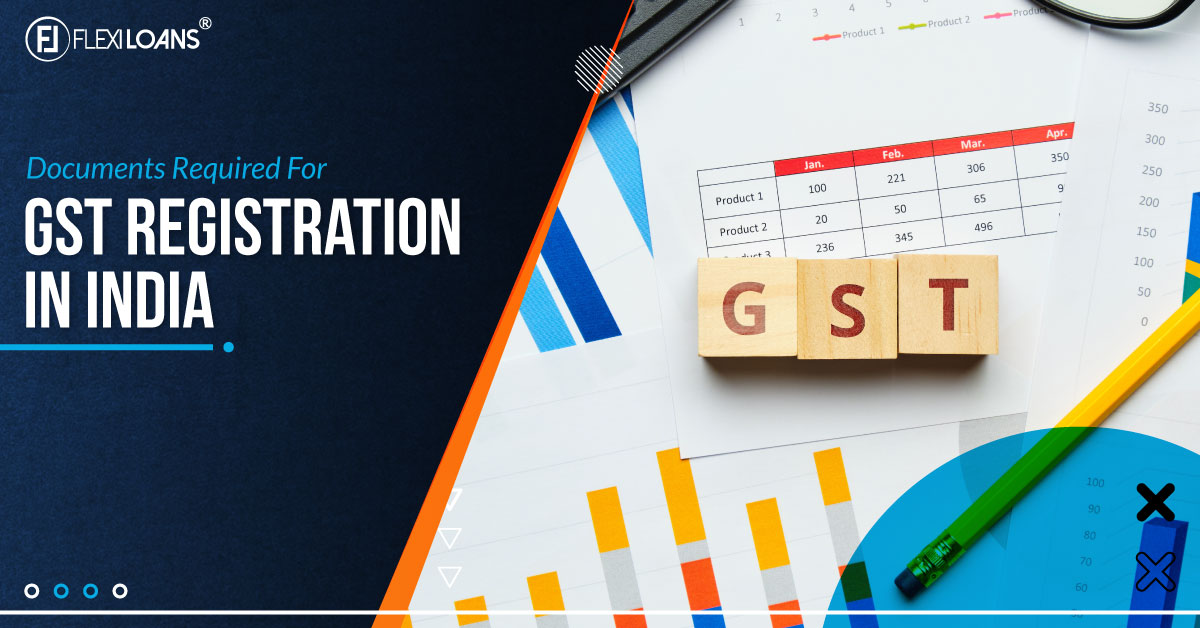Stay Clear Of Usual Errors in Singapore GST Registration for Your Service
Stay Clear Of Usual Errors in Singapore GST Registration for Your Service
Blog Article
Navigating the Intricacies of GST Registration: Expert Tips and Best Practices for Easier Conformity
From understanding enrollment demands to taking advantage of technical tools for streamlined processes, the journey towards smoother GST compliance is nuanced and multifaceted. Keep tuned to discover essential strategies and understandings that can aid organizations guide through the intricacies of GST enrollment with finesse and confidence.
Understanding GST Registration Needs

In enhancement to turnover thresholds, organizations participating in interstate sales or giving taxed solutions may also be needed to sign up for GST, also if their turnover is listed below the suggested limit (Singapore GST Registration). Understanding these requirements and limits is vital to stay clear of fines and make sure smooth operations within the legal structure
Moreover, organizations should collect and prepare the essential documentation, such as proof of identity, address, organization unification, and financial institution account information, before launching the GST registration procedure. Failing to give accurate details or meet the enrollment due dates can cause fines or other lawful repercussions. Organizations must remain informed about the particular GST registration demands relevant to their operations to preserve conformity and stay clear of prospective problems.
Organizing Important Paperwork
Organizations getting started on the GST enrollment procedure must thoroughly assemble and organize the crucial documentation required for submission. The essential papers generally needed for GST registration include proof of business enrollment or unification, address and identification proofs of the company owners or partners, bank account details, proof of principal place of company, and authorization forms. Guaranteeing that these files are readily available and arranged can enhance the enrollment process and prevent delays or rejections.
To efficiently arrange crucial documentation, services ought to create a central system for keeping and categorizing the required paperwork (Singapore GST Registration). Utilizing electronic storage options can assist maintain simple gain access to and guarantee that papers are securely kept. Furthermore, developing a checklist of all needed documents can offer as a handy device to track what has actually been collected and what is still required for submission

Leveraging Technology for Efficiency
Enhancing operational efficiency via technical combination is critical for modern businesses navigating the complexities of GST registration. One of the crucial methods innovation can assist in GST enrollment is with the use of hop over to these guys automated software program services.
Furthermore, technology can assist in smooth communication with tax authorities. On-line portals and communication devices make it possible for companies to send files, deal with questions, and get updates in a more effective fashion. This not just speeds up the enrollment procedure but also helps in preserving clear and dependable communication with the relevant authorities.
Additionally, cloud-based storage options give a protected platform for services to shop and gain access to their financial information, ensuring conformity with GST record-keeping needs. By streamlining data storage and automating procedures, services can boost their total performance and precision in GST enrollment treatments.
Proactive Conformity Tracking

To make certain efficient aggressive he said conformity monitoring, companies must establish robust internal controls, conduct regular audits, and leverage automation devices for real-time tracking of GST purchases. Regular training sessions for staff members on GST compliance needs can likewise help in developing a culture of conformity within the organization. Additionally, involving with tax professionals or professionals can give valuable insights and advice on navigating intricate GST policies.
Involving With Expert Experts
Involving experienced tax consultants can considerably bolster a firm's understanding and conformity with complex GST guidelines. Professional experts bring a riches of understanding and experience to the table, assisting organizations navigate the complexities of GST enrollment with ease. By leveraging their competence, business can make certain precise filings, lessen the risk of errors, and remain current with the most up to date regulative modifications.
When involving with specialist professionals, it is important to pick specialists with a solid track record in GST compliance (Singapore GST Registration). Search for experts that have a deep understanding of the appropriate regulations and laws, along with experience collaborating with businesses in your industry. Efficient communication is essential in this collaboration, so make certain to plainly define your expectations and establish normal touchpoints to review progress and address any kind of problems
Furthermore, professional consultants can provide valuable insights and suggestions on maximizing your tax obligation method, determining prospective cost-saving chances, and improving your compliance processes. On the whole, buying professional consultancy services can go a lengthy means in making certain smoother GST conformity and preventing expensive mistakes.
Conclusion
To conclude, navigating the complexities of GST registration needs a detailed understanding of the demands, company of essential documents, leveraging technology for efficiency, positive compliance surveillance, and interaction with expert professionals. By complying with these best techniques, companies can ensure smoother conformity with GST policies and stay clear of prospective penalties or penalties. It is vital to remain notified, positive, and attentive in managing GST enrollment to keep compliance and support financial integrity.
To guarantee compliance with tax laws, companies must extensively recognize the intricate demands for GST enrollment. Product and Services Tax Obligation (GST) is a value-added tax levied on a lot of goods and services in a nation, making it vital for companies to register visit the site for GST to stay clear of legal consequences.Furthermore, services should collect and prepare the necessary paperwork, such as evidence of identification, address, business consolidation, and financial institution account information, before starting the GST registration procedure. Businesses ought to remain educated concerning the specific GST registration demands relevant to their procedures to maintain compliance and prevent possible issues.
The vital documents commonly needed for GST registration include proof of business enrollment or unification, address and identification proofs of the business owners or companions, financial institution account information, evidence of primary area of service, and consent kinds.
Report this page